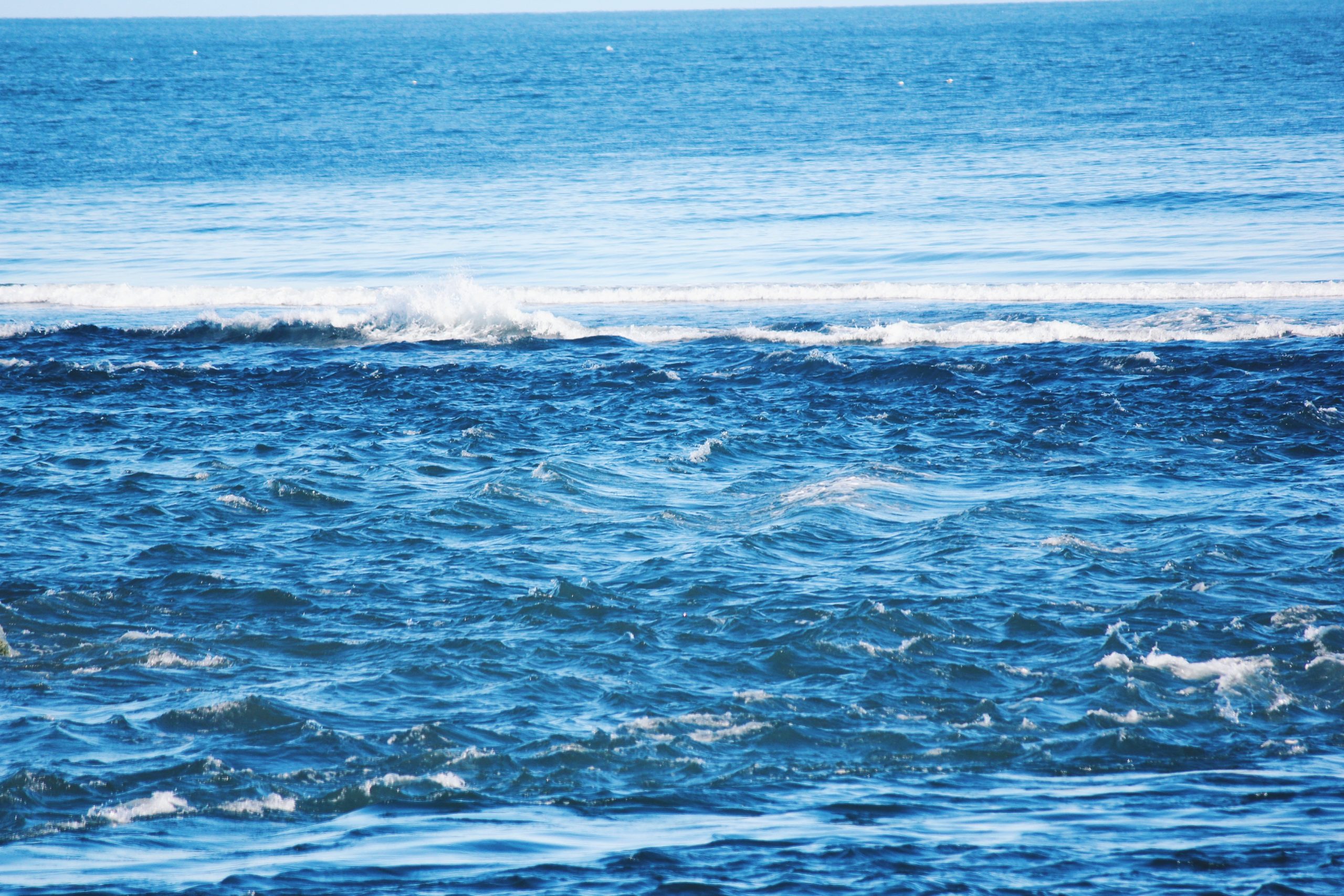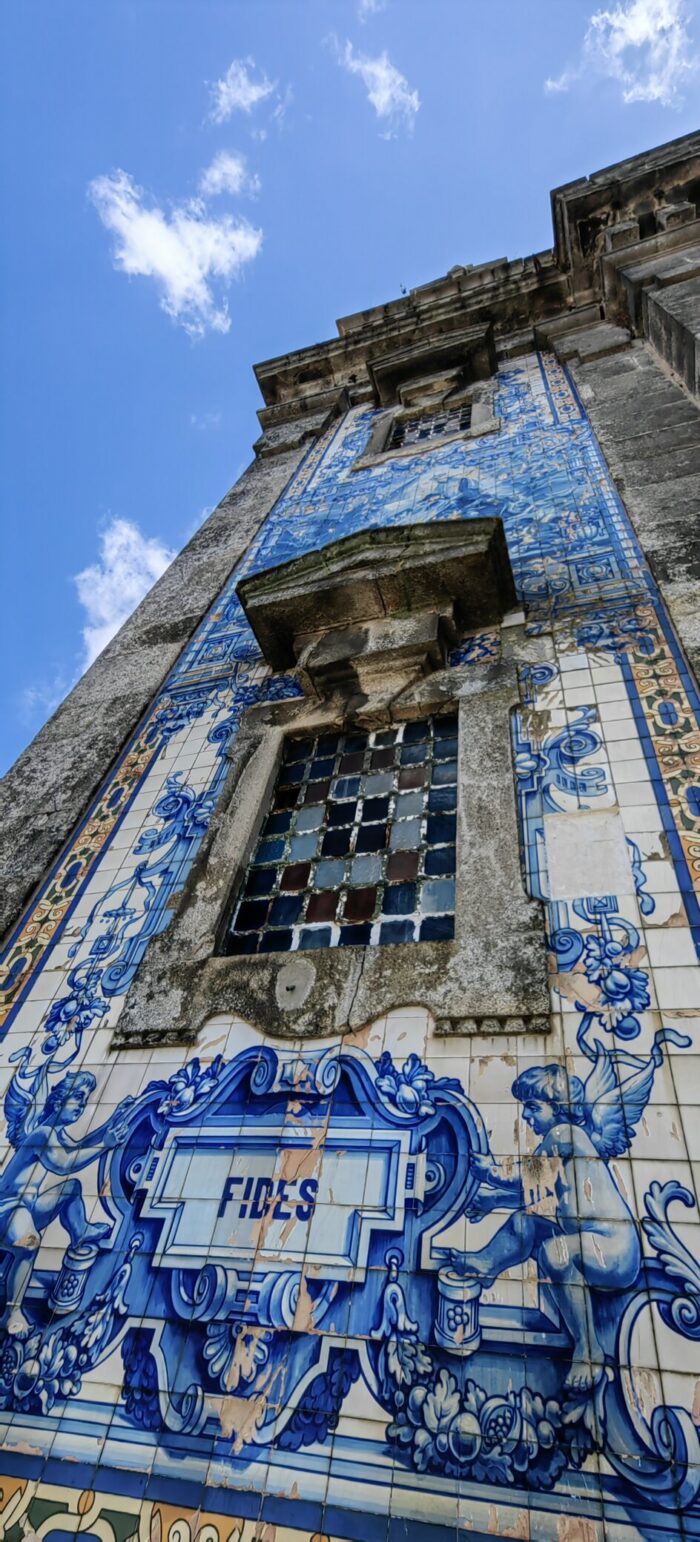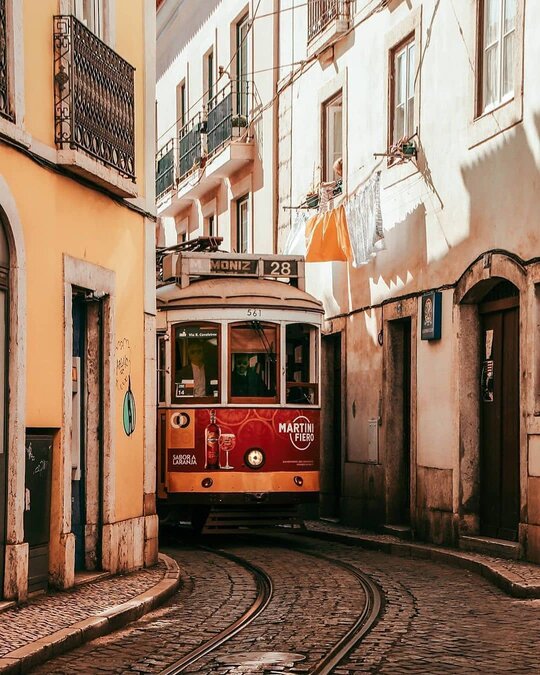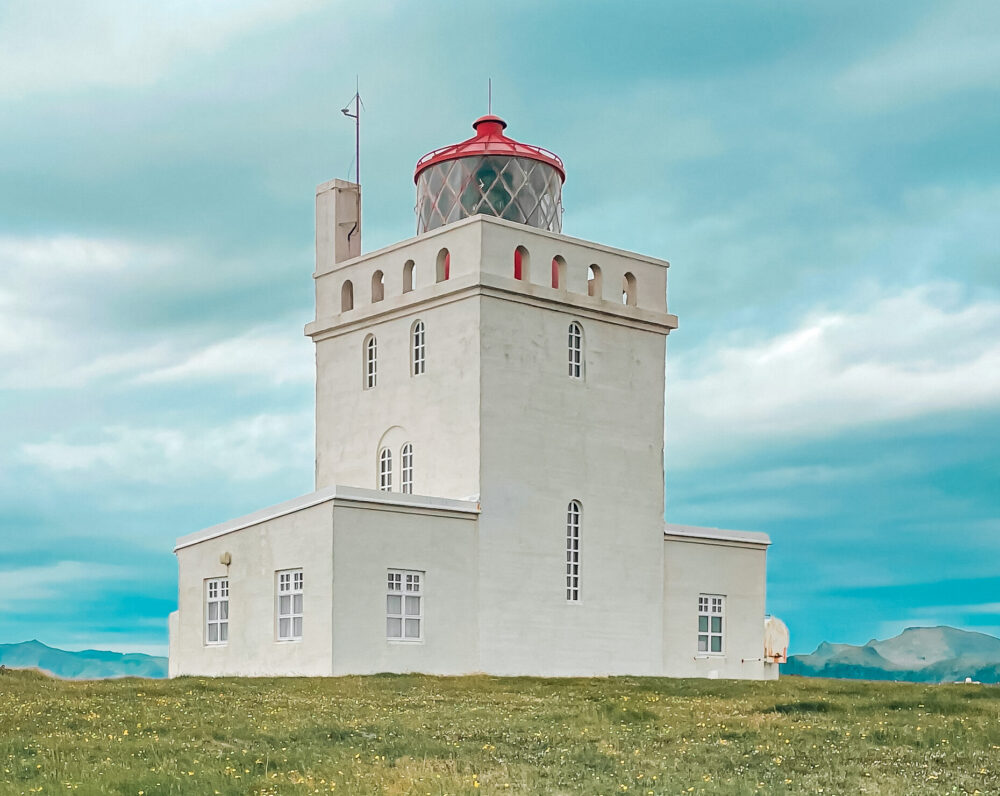
Thanks to the successful roll-out of the vaccines, many of us are getting ready to travel to faraway places again. Ecotourism happens to be an extremely important piece of the fight against climate change and environmental racism, so if at all possible, aim to focus your trips on places that are natural and whose governments protects the ecosystems. Support tours and businesses run by locals so you are protecting the local economy and aren’t contributing to stress on the local habitats. If you are traveling before COVID is alleviated in certain countries, make sure to check the status of their fight before heading there. It’s important to support their economies and ecotourism markets, but pay attention to the state of their hospitals and COVID situation during the time of your planned vacation, and obviously make sure you’re vaccinated. You can find specific information for the country closer to when you plan to leave on their tourism boards, so keep that in mind if you’re leaving this summer.
So, if you don’t know where to go, here are some of the five most biodiverse locations around our planet:
Daintree Rainforest, Australia
This is where the coastal jungles meet the coast of Australia, so it’s not surprising that David Attenborough has called this place “the most extraordinary place on Earth.” This place is 180 million years old, making it the oldest tropical rainforest on this planet by 10 million years. Hike through this ancient forest, float down the river, look for crocodiles, enjoy an indigenous spa treatment, or just meditate under the jungle canopy. It’s truly a majestic, remote, and sacred place, and it’s somewhere everyone needs to visit at least once in their lives. There are plenty of local guides and keepers of the forest who honor their indigenous wisdom in order to care for the land, so make sure to go on a nature walk with them or ask them questions. They know the ecosystem better than anyone, and their knowledge is absolutely irreplaceable.
Responsible and locally-run tour groups: Mossman Gorge Tours & Guided Dreamtime Walks, Walkabout Adventures, Backcountry Bliss, and FNQ Nature Tours
Ethical resorts and eco-hotels: Silky Oaks Lodge, Daintree Ecolodge, Daintree Wilderness Lodge, and Daintree Peaks Eco Stays
Brazil
Yes, this is an entire country, but it’s filled with extremely biodiverse regions. In the north, you can enjoy the Amazon rainforest. Head to Belem and feast on freshly picked açai, wander through the jungle markets, and take a boat ride into the forest with responsible tour groups. In the southeast you can enjoy the Atlantic Rainforest (a place I was lucky enough to live in), Jurassic Park valleys, and wild monkeys. Fly into Rio for affordable rates, and explore the coast. In the northeast you can island hop the most beautiful islands in the world and enjoy their truly remote nature. It can be hard to choose where to explore in this country, but if affordability if your goal, fly in to Rio and rent a car. Drive south to Caraguatatuba, stopping along the coast as you go. Then turn back north but drive inland to enjoy the national parks, ending in the Bahia region. From there, book a short flight to Belem and enjoy the Amazon and all it has to offer from there. The natural wonders are endless.

Responsible and locally-run tour groups: Brazil Nature Tours, Tours by Locals, and Vivejar Tours
Ethical resorts and eco-hotels: Cristalino Jungle Lodge, Uacari Floating Lodge, Paraiso Eco Lodge, Aguas de Santa Barbara, Cambara Eco Hotel, Araras Pantanal Eco Lodge, Solar Mirador, and Serra Bela
Raja Ampat, Indonesia
Raja Ampat, meaning “Four Kings,” derives its name from the ancient legend of a woman finding seven eggs, and four of them hatching to become the kings of the four main islands (though there are a total of 1,500 islands in this region). This paradise in the sea is renowned for its aquatic biodiversity and untouched jungle islands. Thanks to the remoteness of the islands and local laws protecting the sea life there, this place remains flourishing and healthy. 75% of the world’s living coral species live here in this reef heaven, so it’s a snorkeler’s dream come true! Fly to Jakarta, and from there fly to Waisai (the capital town of this region), or ferry from Sorong to the islands. Stay with locals and enjoy the splendors that the colorful jungle and thriving beaches have to offer. Hike up the 340 steps on the main island for the best view of the archipelago, kayak around Gam Island, snorkel, and dive with mantas! Make sure to follow local laws and protect this ecosystem, as its health is dependent on the responsibility of those visiting. You’ll need a permit to even visit this haven, so pick up one at the Tourism Information Centre in Sorong.
Responsible and locally-run tour groups: Wilderness Travel, Oceanic Society, Raja Ampat Private Tour Operator, Soul Scuba Divers, Lumba Lumba (also has accommodation), and Kayak 4 Conservation
Ethical resorts and eco-hotels: Yenbuba Homestay, Papuarts Alter-Native Stay, Augusta Eco Resort, Warimpurem Homestay, Cove Eco Resort, Misool, Kordiris Homestay, and Papua Paradise Eco Resort
Tromso, Norway
While people may instantly think of the tropics when they think of biodiversity, Norway is world-renowned for its marine biodiversity. If you want to see the most flourishing part of the country, head up to the remote northern reaches. Tromso is the best place to stay and explore: it’s the best place to see the northern lights on the planet. It’s also the best place to watch the midnight sun in the summer, as this place above the Arctic Circle is known as the Arctic Capital. It’s also certified in sustainability as a town, so even when you aren’t exploring the surrounding wilderness, you can enjoy the locally grown food and hike up to Mount Storsteinen. Head out into the fjords to see thriving populations of orcas, reindeers, humpback whales, polar bears, Arctic foxes, moose, walruses, puffins, sperm whales, Eurasian lynx, and many other Arctic species! Swim at the icy beaches or the beautiful lakes, kayak, walk through the northernmost botanic garden, meditate in the pine forests, and walk the Sherpa Staircase to the stop of Floya Mountain.

Responsible and locally-run tour groups: Authentic Scandinavia, Tours by Locals, Tromso Guide, Northern Norway Travel, and Pukka Travels
Ethical resorts and eco-hotels: Here, the best option is to stay with locals so browse Airbnb for local listings and stay with those who live nearby (I did this with my partner and we had the best experience with a lady named Hilde, who had a lovely cottage and made the best lingonberry jam!).
Queen Elizabeth National Park, Uganda
Uganda is teeming with wildlife and very biodiverse places, but this national park is the best place for its range of wildlife and species. Marvel at the savannah, wetlands, forests, and lakes in this region, all filled with protected wild animals. Chimps, lions, hippos, and tropical colorful birds are all here, so be prepared to enjoy them in person (cautiously). Hike with guides, visit with the locals, take a guided float trip, and visit the savannah with experts! To get there, fly into Kampala and either rent a car or charter a flight to the park from there. Make sure you stay safe and stick with the guides, since this park is filled with large animals who need to be respected and given space.
Responsible and locally-run tour groups: Volcanoes Safaris or the tours led by the resort/lodge you’re staying at (if you stay at the below listed ones, they are all ethical and locally-run)
Ethical resorts and eco-hotels: Kyambura Gorge Lodge, Ishasha Wilderness Camp, King Fisher Lodge, Simba Safari Camp, Park View Safari Lodge, The Bush Lodge, Mweya Lodge, Kyangabi Crater Resort, and Elephant HAB Lodge
Get more like this—Sign up for our daily inspirational newsletter for exclusive content!
__
Photo: Emily Iris Degn




